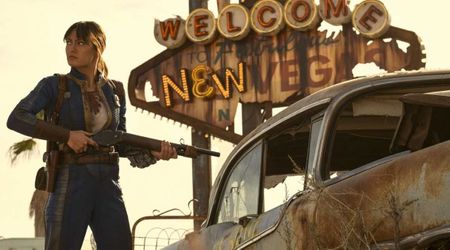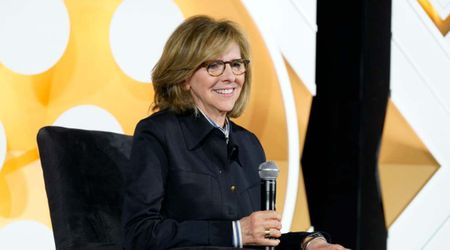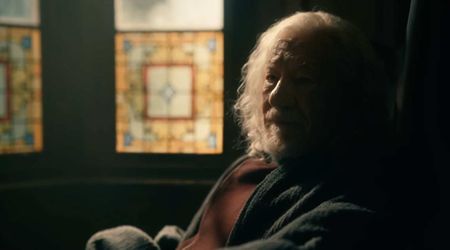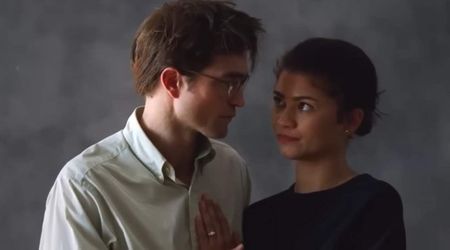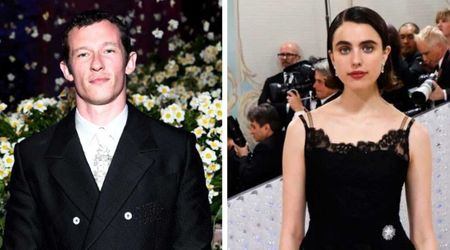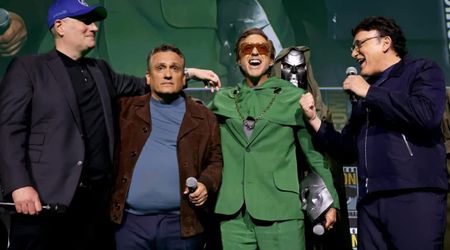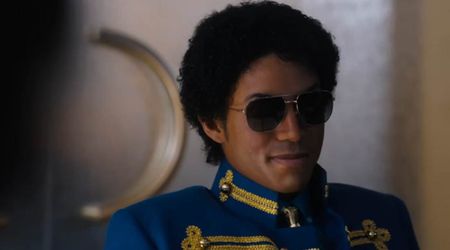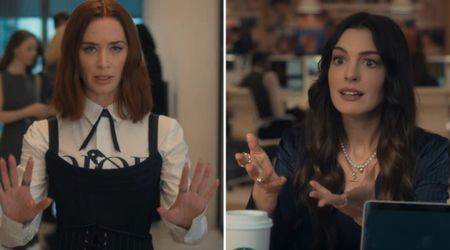'The Boys in the Band': Michael's pal Alan symbolizes society's rude imposition on the gay community

Emory cheerfully calls out through the open door — "Ask him if has any hot cross buns!" — when Michael goes down his building's stairs to get the cake. Michael's neighbors have also just stepped out and catch Emory's words as they look with thinly-veiled disgust at the men gathered in Michael's flat through the open door. Michael stumbles a little at Emory's innuendo and tries to minimize its impact by saying his thank you and good evenings.
Michael's straight neighbors are a foreshadowing of what is about to descend on the party of "six screaming queens and one anxious fairy" in the form of black tie, sensible shoes, straight-laced Alan, Michael's old chum from college.
At one level, Alan is merely a catalyst that will make Michael's anxieties spill over and make him confront his own self-loathing. At another level, Alan with his uncomprehending disgust toward the queer lifestyle is symbolic of society's constant abuse, negation, and erasure of the "homosexual lifestyle". He is also symbolic of the rudeness of dominant society in the ways that it wields its privilege and imposes on marginalized communities while scrutinizing and judging them.
Even though Alan is clearly told that he can't come, he cries and gets Michael to agree to his visit. Then he calls to cancel before showing up unannounced. This shows what little consideration he has for Michael, mitigated only slightly by the fact that he is obviously going through some personal crisis having decided to leave his wife.
He also seems to be dimly aware though not absolutely sure of Michael's orientation but doesn't want to discuss it because that would make him uncomfortable. In the private conversation in the bedroom, he tells Michael, "you know me -- you know how I feel -- your private life is your own affair", following it up with this lovely sentiment -- "I couldn't care less what people do, as long as they don't do it in public - or try to force their ways on the whole damn world".
His words showcase his disgust for the "homosexual lifestyle" even though he pretends that he is not affected -- just like how racists start their anti-Black statements with "I'm not racist but..." Through Alan, the film touches on the erasure of the gay identity in the 60s through bigoted behavior that sought to ignore or minimize gay behavior as something unsavory and impolite -- even as it reaped the benefits of the creativity and labor of the gay community, especially in the creative industries.
But in fact, it is Alan who is 'impolite', by imposing on Michael repeatedly, wanting him to be his emotional anchor and support him. But he simultaneously also dismisses him, saying he can't make lunch the next day, when things get a bit too gay at the party. Then, he descends into actual homophobic violence against Emory who doesn't have the 'decency' to hide who he is.
Again, Alan is a stand-in for a straight society that used homophobic jokes to assert straight masculinity, even a few years back, without seeing how this imposed on and caused violence to the gay comminity. It might feel dated to see Alan's reactions to the gay revelations that Michael's cruel phone-calling game brings forth -- but even 10 years back and even now, in some ways, the dominant culture is homophobic. It is why the closet even exists, in some shape or form -- because if being gay was A-OK, why would people feel the need to hide?
While a lot of the readings of the original play and now the film will focus on Michael's self-loathing, the script is also an indictment of a straight society that intrudes, imposes, gawks, judges, minimizes and erases the gay identity.
'The Boys in the Band' premiered on September 30 on Netflix.


